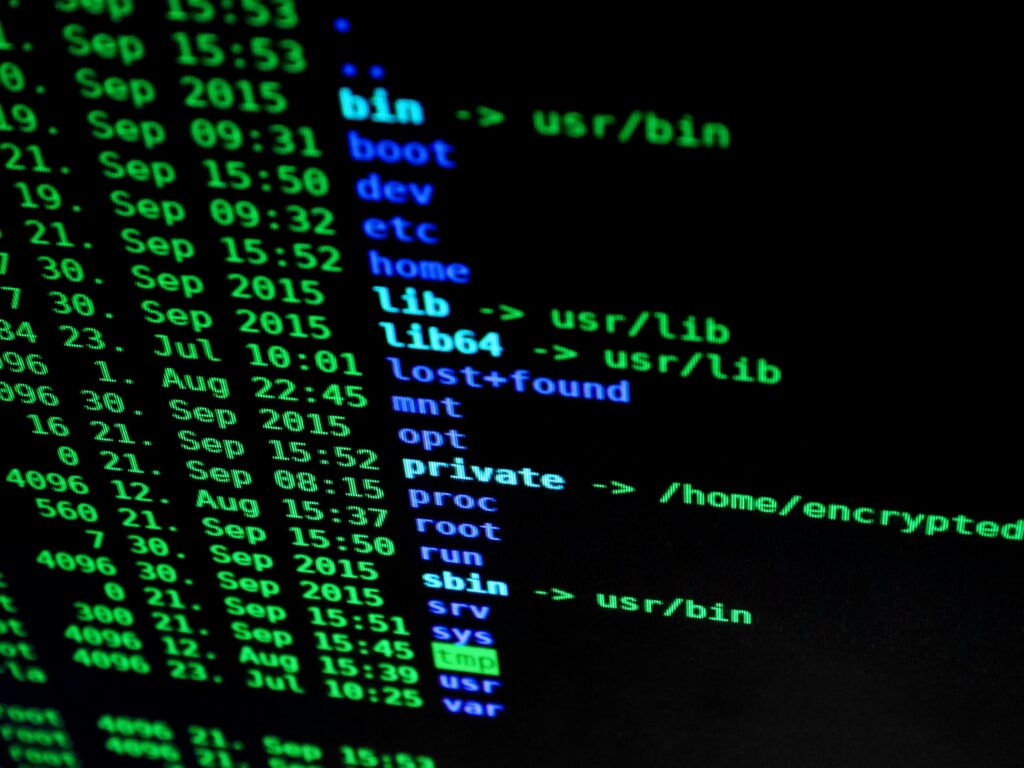
Dark Web Myths Busted: What’s Legal and What’s Not?
Introduction
The dark web has a reputation for being a lawless digital underworld filled with criminals and illicit activities. While it’s true that illegal transactions happen there, the dark web itself isn’t inherently illegal. In fact, it has many legitimate uses. This article will explore the legality of the dark web, how it works, and what you need to know before accessing it.
What Is the Dark Web?
Before diving into legality, it’s essential to understand what the dark web is. The internet has three main layers:
- Surface Web – The part of the internet accessible through standard search engines like Google and Bing.
- Deep Web – Content that isn’t indexed by search engines, such as private databases, academic journals, and medical records.
- Dark Web – A section of the internet accessible only through specialized software like Tor. It allows anonymous communication and transactions.
The dark web is often confused with the deep web, but they are different. The deep web includes everyday online services requiring authentication (e.g., banking portals, medical records), while the dark web hosts anonymous websites.
Is It Illegal to Access the Dark Web?
Accessing the dark web is not illegal in most countries. Many journalists, whistleblowers, activists, and even government agencies use it for privacy and secure communication. However, some nations have banned or restricted its use due to security concerns.
Countries Where the Dark Web Is Restricted
- China – The government heavily censors online activities, including access to Tor.
- Russia – The government discourages anonymous browsing and has attempted to block Tor services.
- Iran & North Korea – Strict internet controls make accessing the dark web highly risky.
While accessing the dark web isn’t illegal in most places, engaging in criminal activities on it is.
Legal Uses of the Dark Web
Not everything on the dark web is about illegal trade. Some of its legitimate uses include:
1. Privacy and Anonymity
Privacy-conscious users, including journalists and political activists, use the dark web to communicate securely, especially in oppressive regimes.
2. Secure Communication
Organizations like WikiLeaks and investigative journalists use dark web platforms to exchange sensitive information safely.
3. Access to Censored Information
People in countries with restricted internet access use the dark web to bypass government censorship and obtain unbiased news.
4. Academic and Research Purposes
Cybersecurity professionals study dark web marketplaces to analyze cyber threats, data breaches, and malware distribution patterns.
Illegal Activities on the Dark Web
Despite its legal uses, the dark web is also a hub for criminal activities. Some of the most common illegal practices include:
1. Drug and Weapon Sales
Illegal marketplaces like the now-defunct Silk Road have facilitated drug sales, arms trading, and other prohibited activities.
2. Stolen Data and Identity Theft
Hacked data, credit card details, and personal information are frequently traded on the dark web.
3. Cybercrime Services
Malware, ransomware, and hacking tools are widely sold in underground forums.
4. Human Trafficking and Exploitation
One of the darkest aspects of the dark web involves human trafficking, illegal pornography, and other forms of exploitation.
Law enforcement agencies like the FBI, Europol, and Interpol actively monitor and shut down illegal activities on the dark web.
How Authorities Monitor and Regulate the Dark Web
Governments and law enforcement agencies worldwide have taken steps to combat illegal activities on the dark web. Some methods include:
1. Undercover Operations
Authorities infiltrate dark web marketplaces to gather evidence and track down criminals.
2. Seizing Illegal Websites
Major marketplaces like Silk Road, AlphaBay, and Hansa Market have been shut down through coordinated global efforts.
3. Tracking Cryptocurrency Transactions
While Bitcoin and other cryptocurrencies provide some level of anonymity, blockchain analysis tools can trace illicit transactions.
4. Arresting Dark Web Users
Many cybercriminals operating on the dark web have been arrested by law enforcement agencies, proving that anonymity isn’t foolproof.
How to Stay Safe on the Dark Web
If you’re curious about exploring the dark web, keep these safety tips in mind:
- Use a VPN – A Virtual Private Network (VPN) adds an extra layer of security.
- Avoid Downloading Files – Malware is rampant on the dark web.
- Never Share Personal Information – Doing so can make you a target for scams or hacking.
- Beware of Scams – Many dark web marketplaces are fraudulent.
- Stay Within Legal Boundaries – Accessing the dark web isn’t illegal, but engaging in unlawful activities is.
Final Verdict: Is the Dark Web Illegal?
The dark web itself is not illegal, but many activities conducted there are. If used responsibly, it serves as a valuable tool for privacy, free speech, and secure communication. However, engaging in criminal activities on the dark web can lead to serious legal consequences.
Key Takeaways:
✅ Accessing the dark web is not illegal in most countries.
✅ It has legitimate uses, including privacy protection and journalism.
❌ Many illegal activities occur on the dark web, such as drug sales and cybercrime.
🚔 Law enforcement agencies actively monitor dark web marketplaces.
If you choose to explore the dark web, do so ethically and legally to avoid potential risks.